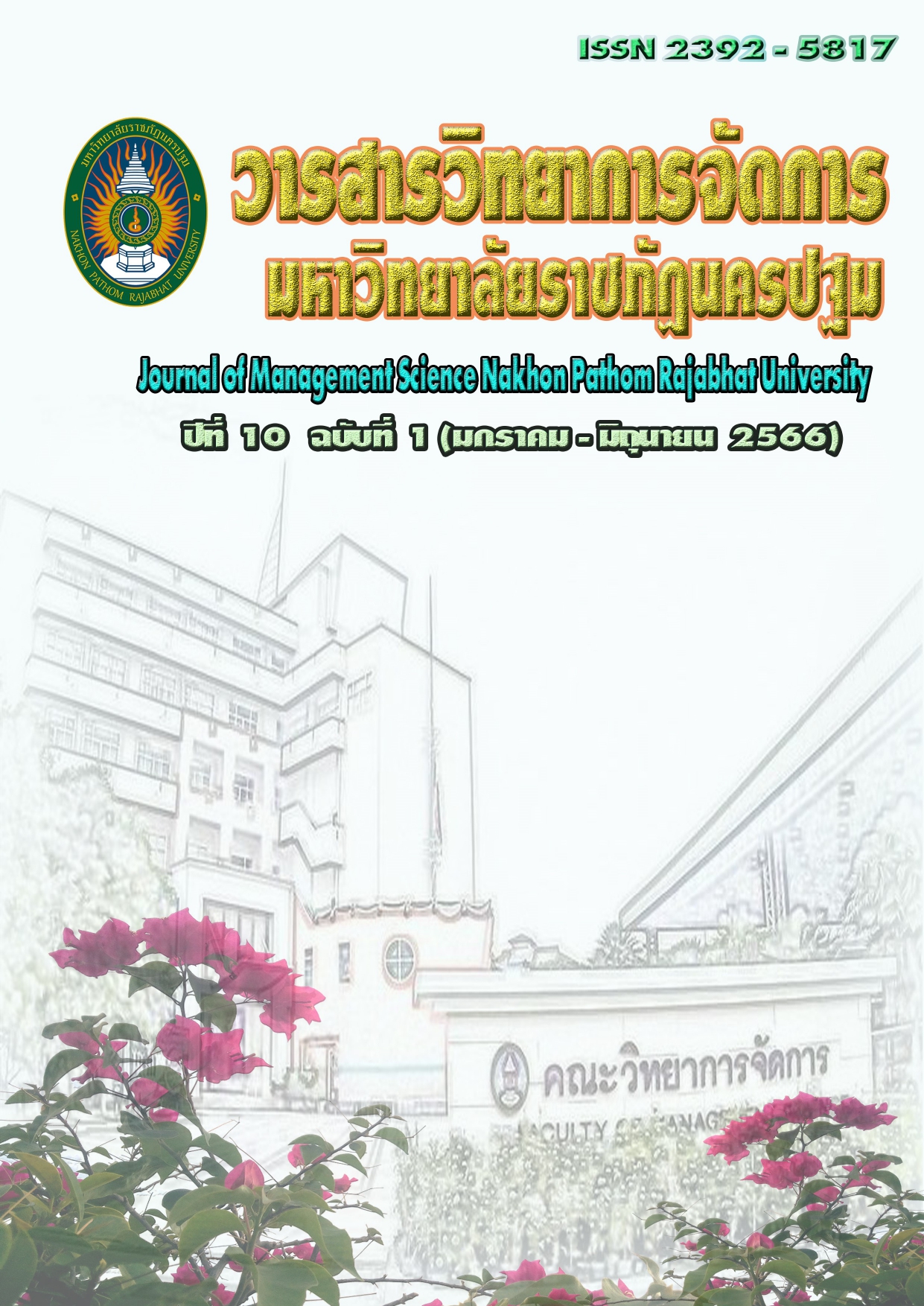Ethical Decision Making In Higher Education Institutions
Main Article Content
Abstract
This research aims to study the ethical decision-making approaches of academics in institutions of higher education when they encounter ethical conflicts regarding the determination of academic positions. Interpretative phenomenological analysis, a form of qualitative research, together with document research are used. Data is further collected from in-depth interviews with a total of 17 academics from institutions of higher education.
The study reveals that ethical decision making in institutions of higher education occurs, for the most part, without a structure. This is due to the complexity of the situations and the lack of clarity about the problems. As a result, it is not possible to determine in advance the decision-making approaches to address such ethical problems. Factors that impact the ethical decision-making approaches include personal characteristics in terms of the prior experiences of decision makers and the organizational culture.
Article history: Received 20 March 2023
Revised 2 May 2023
Accepted 3 May 2023
SIMILARITY INDEX = 0.00 %
Article Details

This work is licensed under a Creative Commons Attribution-NonCommercial-NoDerivatives 4.0 International License.
The views and opinions of the article appearing in this journal are those of the author. It is not considered a view and responsibility of the editorial staff.
References
พลอย สืบวิเศษ. (2561). จริยธรรมทางการบริหารงานในภาครัฐ สำหรับนักบริหารในภาครัฐและองค์การไม่แสวงหากำไร.(พิมพ์ครั้งที่ 2). กรุงเทพฯ : รัตนไตร.
สำนักงานการวิจัยแห่งชาติ. (2565). ดัชนีวิทยาศาสตร์ วิจัยและนวัตกรรม บันไดสู่การพัฒนาประเทศ 2565. [ออนไลน์].ค้นเมื่อ 21 กุมภาพันธ์ 2566 จาก https://pr.nrct.go.th/wpcontent/uploads/2022/11/PDF_November/Handout_R_Index2565.pdf
Beck, M. A., Bowman, J.S., and West, J. P. (2010). Achieving competencies in public service: the professional edge. (2nd ed.). New York: M.E. Sharpe.
Bishop, W.H. (2013). The role of ethics in 21st century organizations. Journal of business ethics, 118(3), 635-637.
Bordvik, M. B. (2022). Ethical code of conduct and its impact in decision making among managers in local government in Zimbabwe. (Doctoral dissertation). Minnesota. Walden University.
Chauhan, D., and Chauhan, S. P. (2002). Ethical dilemmas faced by managers: Some real-life cases. Indian journal of industrial relations, 37(3), 370-385.
Denhardt, R. B., and Denhardt, J. V. (2009). Public administration: an action orientation. (6th ed.). California: Thomson.
Jones, J.J. (1991). Earnings Management during Import Relief Investigations. Journal of Accounting Research, 29, 193-228.
Kidder, R. M. (2009). How Good People Make Tough Choices: Resolving the Dilemmas of Ethical Living. Harper Perennial.
Lawton, A., Lasthuizen, K., and Rayner, J. (2013). Ethics and management in the public sector. Abingdon: Routledge.
Menzel, D.C. (2007). Ethics management for public administrators: Building organizations of integrity. New York: Sharpe.
Roshanzadeh, M., Sadooghiasl, A., Vanaki. Z. (2020). Sensitivity in ethical decision-making: The experiences of nurse managers. Nursing Ethics, 27(5), 1174-1186.
Schwartz, M. S. (2016). Ethical decision-making theory: An integrated approach. Journal of business ethics, 139(4), 755-776.
Trevino, L. K. (1986). Ethical decision-making in organizations: A person-situation interactionist model. The Academy of Management Review, 11(3), 601-617.
Veijeren, J. M. (2011). Guide to organizational ethics. Windhoek: Namibia Institute for Democracy.
Yin, R. K. (2015). Qualitative research from start to finish (2nd ed.). New York: Guilford Press.


